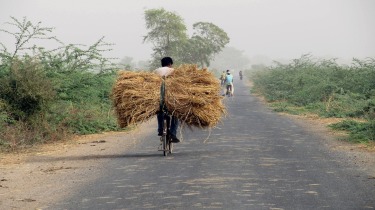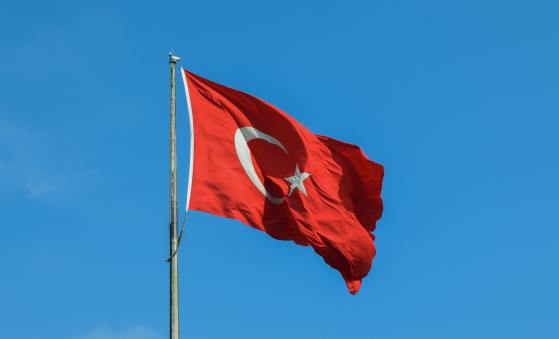
The government of Chhattisgarh has prepared a new draft anti-conversion law, citing the need to maintain religious stability.
A key feature of the draft is a clause aimed at curbing so-called “changai sabhas,” or healing crusades. According to the state government, such events spread misinformation and will be banned under the new law.
Vijay Sharma, the state’s deputy chief minister and home minister, told the media on 13 October that those involved in forced religious conversions would face strict legal action. He said the legislation would be “one step ahead” of similar laws in other states, ensuring that religious conversion could not be carried out secretly or easily.
The draft law, which Sharma reportedly helped prepare over 52 meetings, comprises 17 key points in a five-page document. Among its provisions, a 60-day notice will be required for religious conversions, and anyone using coercion, deceit, or pressure could face imprisonment and heavy fines.
The government, led by Chief Minister Vishnudev Sai, recently met with district administrators and police chiefs to discuss the law and related concerns about healing ceremonies. Officials cited reports of forced conversions in tribal areas such as Bastar, Jashpur, and Raigarh, which they say have caused conflicts within local communities and affected law and order.
The draft will be presented as a bill in the state legislative assembly during the winter session. If approved, it will receive the governor’s consent and become law.
Chhattisgarh is one of several states in North India with anti-conversion legislation. Civil rights groups and Christian advocacy organisations have filed petitions in the country's Supreme Court challenging the constitutionality of these laws. Responses from the governments are expected soon, with a hearing scheduled later this month.
Adapted from ICC.




